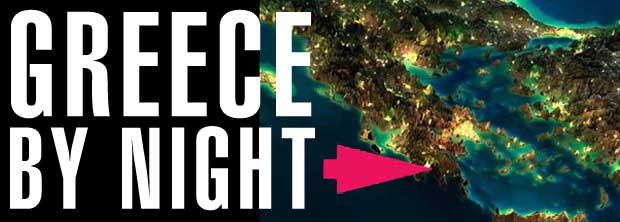July 20, 2011
Taxes, rollovers, 'selective default,' more money: EU summit
With the Thursday summit about to happen, Germany, the ECB, Christine Legarde of the IMF and numerous other vested parties are trying to put together what the next Greek bailout plan will be. All parties seem to resent some aspect of the other ones proposals, and the possibility of paralysis is good, with the likely course of action a series of half-steps to put off any tough decisions until the next leadership meetings months away. That is to say, business-as-usual.
This Reuters article signals the scope of the problem:
"...negotiations were still fluid but key elements would be a large rollover of expiring bonds for up to 30 years on credit-enhanced terms, and probably a much smaller buyback by the Greek government of its own bonds on the secondary market with money lent by the EFSF.
Those options would almost certainly prompt credit ratings agencies to declare a selective default, putting the European Central Bank in an acute dilemma as to whether to carry out a threat to reject Greek bonds as collateral -- a move that would starve Greek banks of vital liquidity.
The banks are determined to fight a proposal for a tax on the financial sector to help pay for a second Greek rescue, which a euro zone working paper obtained by Reuters on Tuesday showed was seen as the least risky private sector contribution.
A senior EU source said governments seemed to be converging around the tax proposal despite its drawbacks.
"We're heading for another sticking plaster deal," he said. "We're in a crisis and there's panic. Sometimes panic can lead to action, but it can also lead to paralysis, and in this case it's more about paralysis."



Greece's Golden Visa program
